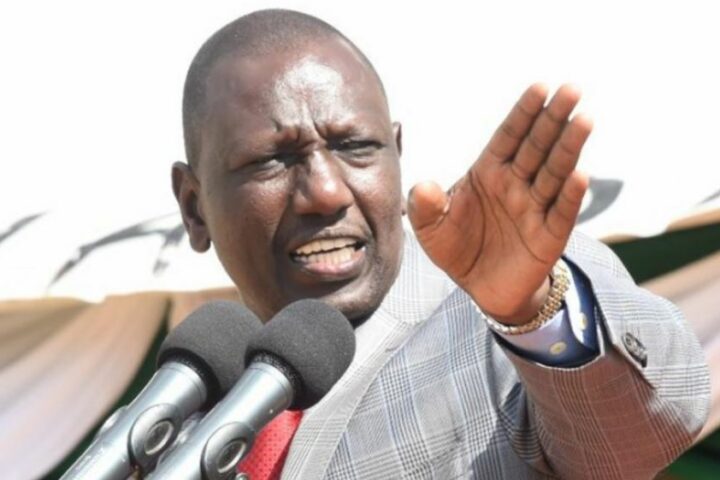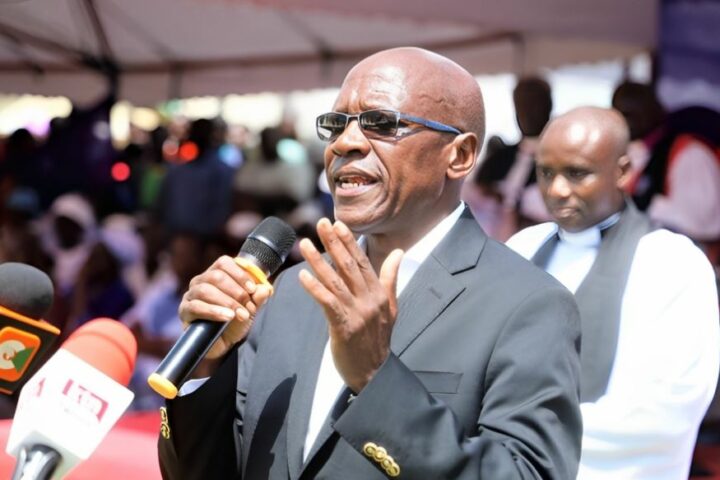 Rowena Tirop is a sports psychologist with a background in competitive swimming, hockey and football. She holds a degree in Psychology and Counselling and MSc in Sport and Exercise Psychology and has worked with a collegiate rugby Union in London and the Kenya Rugby Union (KRU).
Rowena Tirop is a sports psychologist with a background in competitive swimming, hockey and football. She holds a degree in Psychology and Counselling and MSc in Sport and Exercise Psychology and has worked with a collegiate rugby Union in London and the Kenya Rugby Union (KRU).
Who exactly is a sports psychologist? Why did you become one?
It involves therapy and counselling in matters sport. I studied psychology for my Bachelor’s degree and then I went to the UK to study sports psychology because the course isn’t available here in Kenya.
I chose this career because I was curious to know how athletes manage adversity. The mind of an athlete is so interesting. We tend to think of athletes as superheroes. When they win, we love them. When they lose, we hate them. Yet they have emotions.
I recently formed a sports and performance psychology consultancy with a friend (Kanyali Ilako). It is nice to have someone to walk with because there are not too many sports psychologists around.
What is the name of your consultancy?
Brain Frees. It focuses on sessions, therapy and workshops for athletes, coaches and referees. We recently launched two weeks of free therapy sessions for athletes to help them cope with the negative effects of the coronavirus pandemic.
Does this mean you actively watch and play sports?
Yes, I do. When I was in high school, I participated in swimming, hockey, football, and a little bit of basketball. I attend rugby matches regularly and I watch Formula One.
Why do you think female athletes are treated differently from their male counterparts?
There’s a lot more focus on men’s sports. In fact, putting such labels on the different teams conditions our minds to see them differently. Let’s just call it football, not women’s football. The media also focuses more on men’s sports and male athletes despite the fact women’s sports performances are just as exciting – sometimes even better – than men’s.
The problems afflicting the local sports industry are deeply embedded in the system. Sports is never given the attention it deserves. It is still treated as a hobby yet it is a multi-million dollar industry in other countries.
We need to nurture young talent and create an environment where they can grow. So many Kenyans have denounced their nationalities and went on to feature for other countries because they don’t feel appreciated back home.








